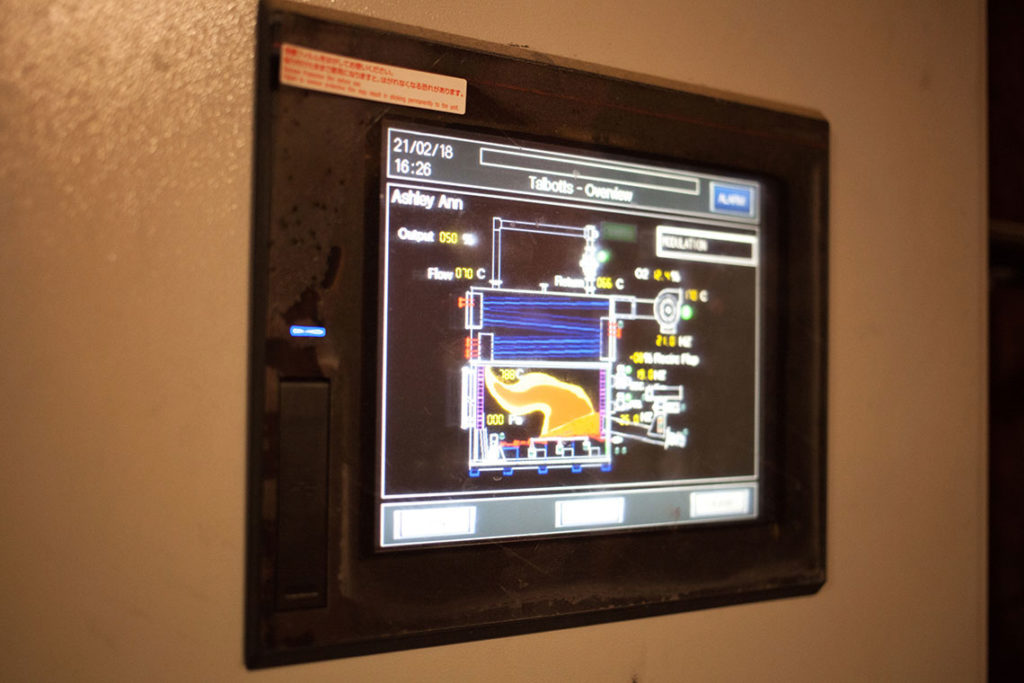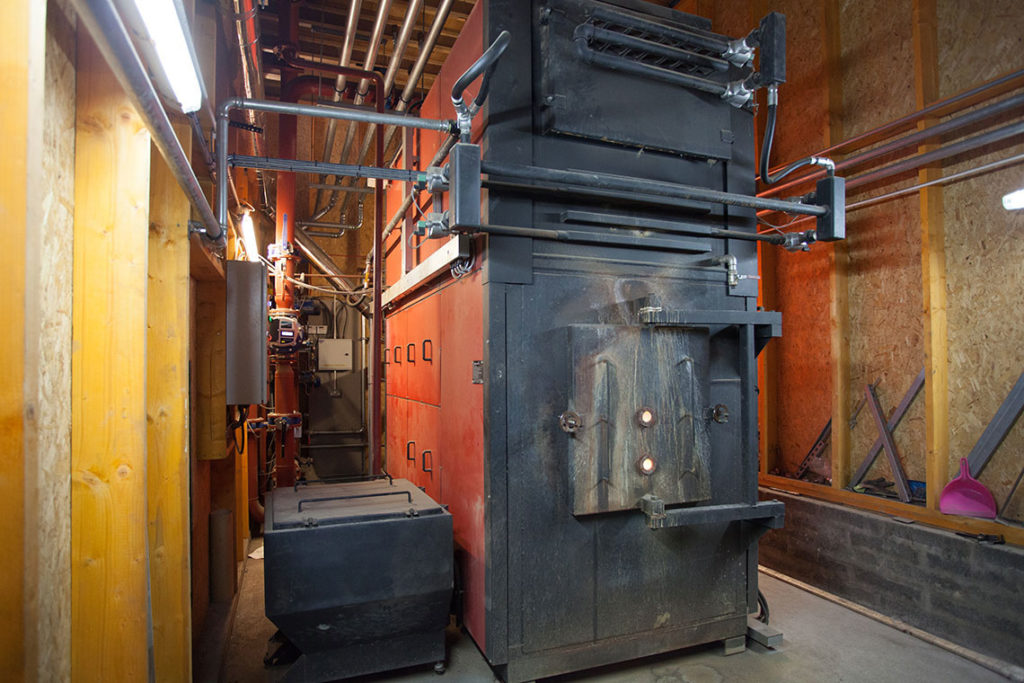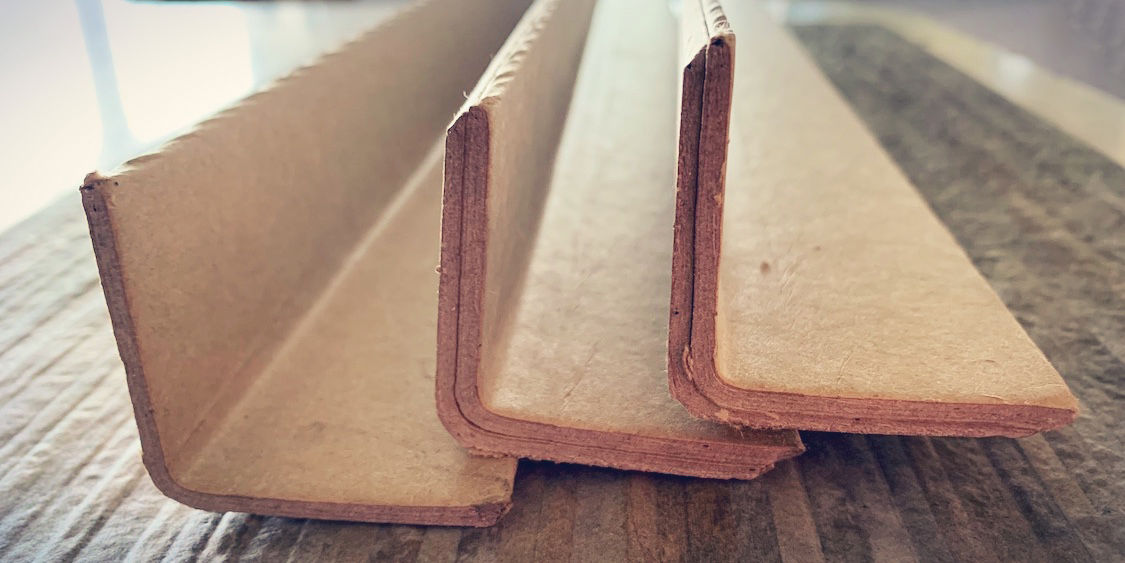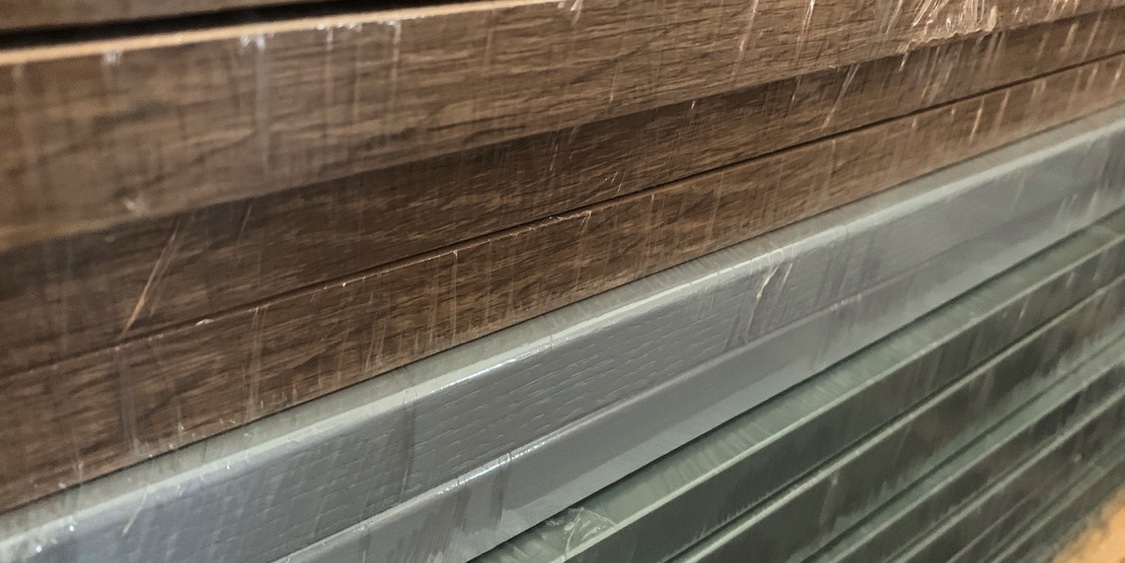Our position and policy on all-things environmental
The world has certainly woken up in the last year or so when it comes to global warming and resulting climate change, plus of course a host of related environmental issues from single use plastics to the extinction of wildlife species. Indeed, a day doesn’t now go by when the media isn’t reporting on something along these lines – and rightly so because, to our mind, there is no bigger topic and on such a vast scale that we all need to understand and react to.
As a manufacturer, at Ashley Ann we’ve long considered environmental aspects of what we do, and especially around production, the materials that go into that production, then how we supply product to our customers. However, although we think we have a reasonably good track record, we also take the view that we can do much more – and that’s certainly our intention going forward.
As a summary of the current initiatives and policies we have in place:
Biomass boiler
This was installed in our main manufacturing facility back in 2015, with the boiler allowing us to burn waste timber and offcuts from boards (e.g. from when we manufacture the carcass for kitchen cabinets), with the energy then used for heating the building and our water.
Ahead of this boiler being installed, most of this waste would have gone to landfill – plus of course would have required transport to get it there. For context and a sense of scale, our main manufacturing facility and offices is spread over 4500 sq. metres and employs over 150 people.
Disposal of waste paint
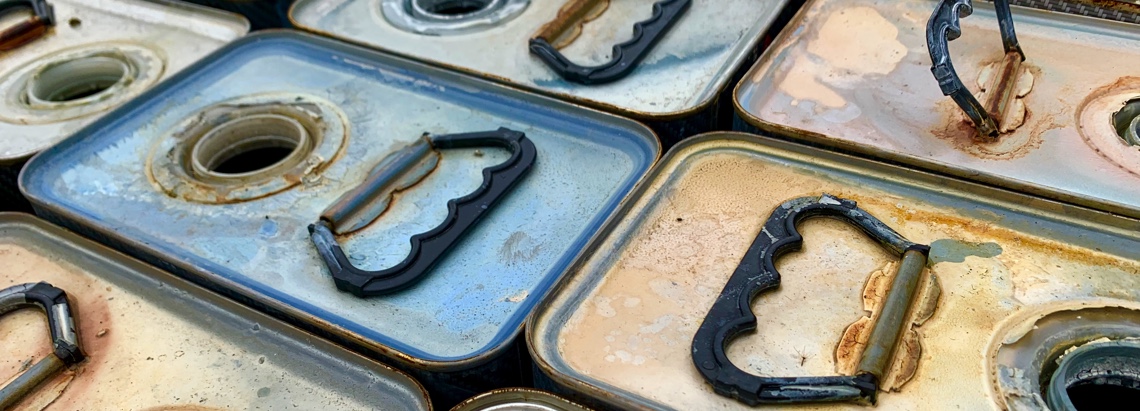
With the majority of kitchens we supply to customers now having a painted door surface – and with us producing more than 3000 kitchens per year – we use a very considerable amount of paint in the spraying process. This in turn creates waste, and often because our bespoke offer means that a customer may require a completely unique colour which we’ll have mixed especially and will only use once. Given the chemicals involved in the type of paints needed for hard-wearing surfaces, it’s vital that we work with a specialist company to safely process the waste paint, and that’s exactly what we do.
Waste cardboard
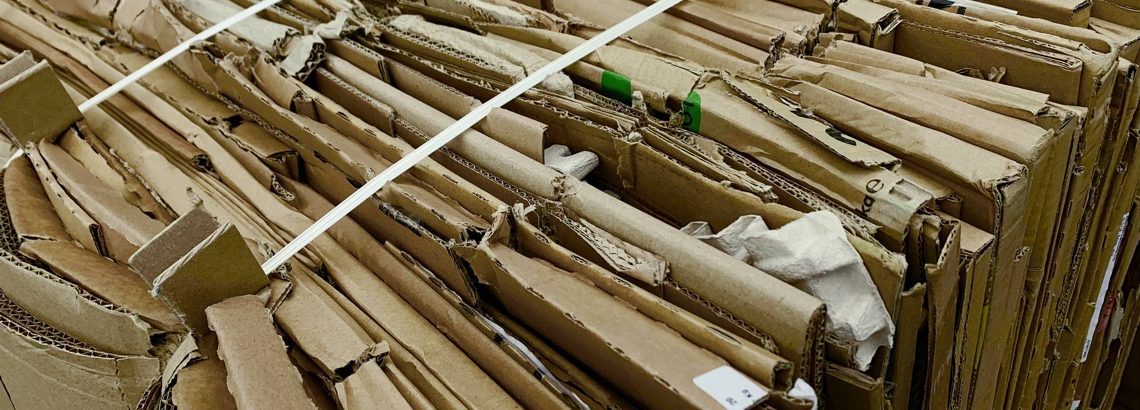 A good percentage of the materials and fittings which come into our manufacturing facility have at least some cardboard packaging. All of this cardboard is either reused for packing for product we send out, or bailed and then picked-up and taken to a recycling facility.
A good percentage of the materials and fittings which come into our manufacturing facility have at least some cardboard packaging. All of this cardboard is either reused for packing for product we send out, or bailed and then picked-up and taken to a recycling facility.
Packaging for product we send out
The cardboard corners we use to protect cabinets in transit are made from 100% recycled cardboard, and can of course easily be recycled by our customers.
The plastic film wrap we use is polythene, with the recycling code being 4 LDPE. This type of plastic increasing accepted for recycling by local authorities.
Scrutiny of key suppliers

Given the nature of what we manufacture (not just kitchens but bedroom and bathroom fitted furniture as well), we need to bring in very significant amounts of materials and fittings. On the former, much of this is timber-based board which is used for the construction of cabinetry (e.g. base and wall units). The supplier we use is Egger, whose sustainability policy and record is second to none – take a look here. This means that all the board and other timber-based materials we bring in are certified according to PEFC (Programme for the Endorsement of Forest Certification) or FSC (Forest Stewardship Council) standards.
For the fittings and hardware (e.g. draw inserts and hinges) we mainly use Blum, whose sustainability policy is also very strong – take a look here.
Waste from our staff café
We run a very successful staff café at our manufacturing facility and head office, with the waste from this carefully separated for what can be recycled and what can’t.
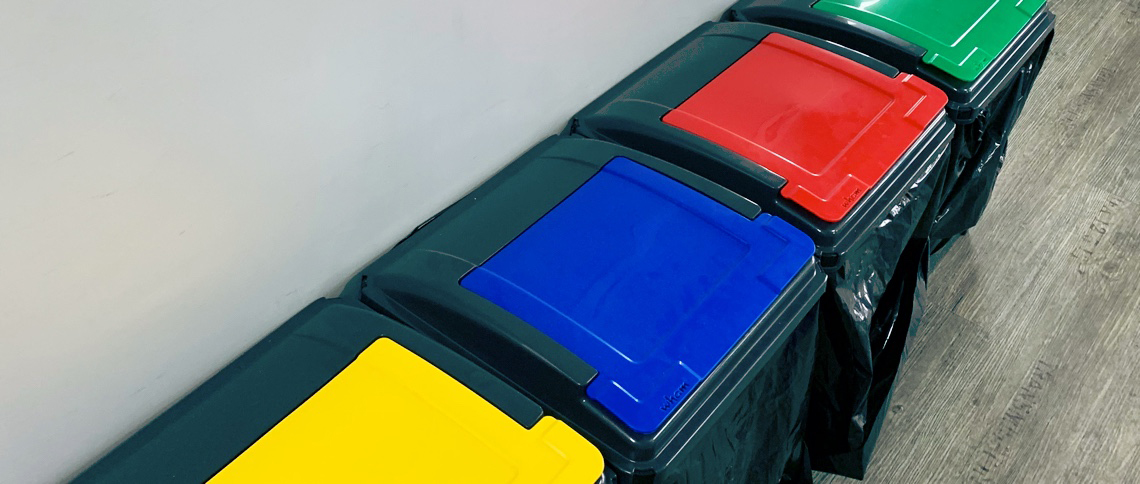
As a summary of the initiatives and policies we now intend to progress:
Dealing with day-to-day waste generated within our manufacturing facility and head office
As we employ more than 150 people at our manufacturing facility and head office, it’s not surprising that a good deal of waste is generated on a daily basis. Although we do have recycling bins in place for plastic bottles and cups, cans and waste paper etc., having reviewed their use we’ve concluded that actually we’re nothing like as good at using them as we should be. So we’ve launched an initiative to ensure that only waste that can’t be recycled goes into the non-recycling bins, and will ensure that the policy is enforced throughout the whole building.
Development of our second manufacturing facility
In 2018 we acquired a second building of around 4,650 square metres which is adjacent to our current manufacturing facility and head office. We’re at the very early stages of developing the building which will eventually allow us to increase our manufacturing capacity, but at each stage we’ll be looking to do so in a way which takes account of key environmental issues such as energy use. As an example, we intend to install a biomass boiler in the same way we have in the existing main building.
Staying ahead of future manufacturing, materials and packaging trends and regulations
It’s very clear that a range of new trends and regulations which affect materials, manufacturing processes and packaging will emerge in the years ahead and driven by the need for far greater sustainability of resources. We want to be ahead of that curve, so we’re putting in place a small team which is headed up by one of our directors, which will then make it their mission to ensure we’re aware of changes and opportunities for us to select more environmentally options and processes – and ahead of regulation which enforces them.
